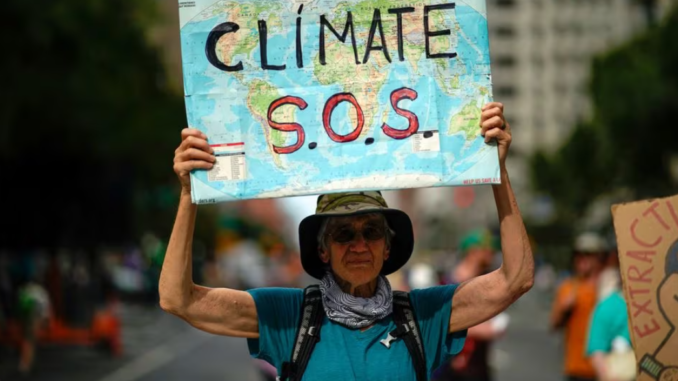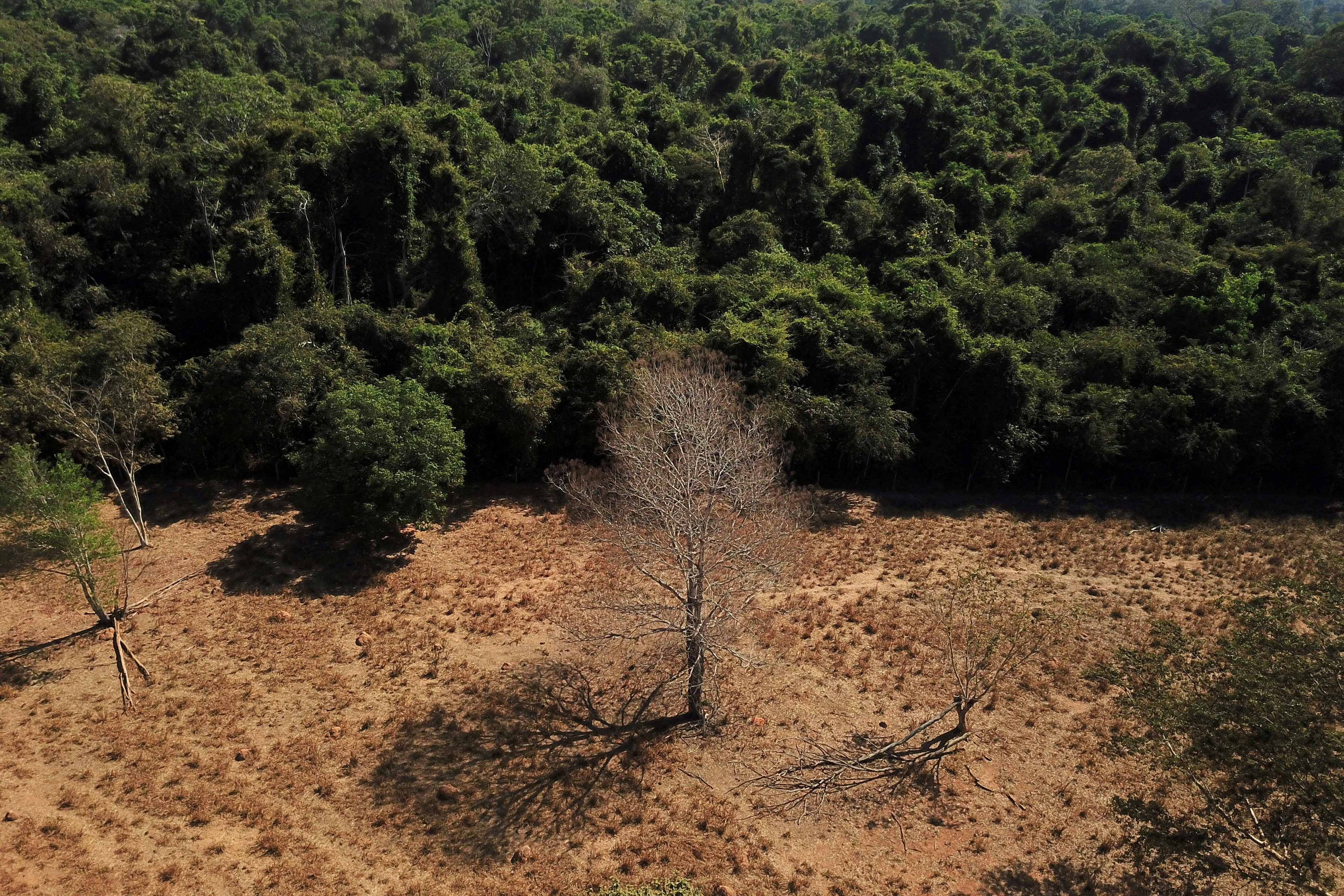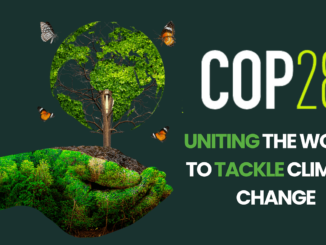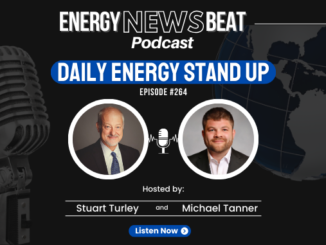
ENB Pub Note: With world leaders like Bill Gates and Larry Fink, CEO of BlackRock, saying that the climate crisis won’t kill us, how much more money should be invested in non-finacially sustainable energy like offshore wind? GenZ “Secret Decoder Ring” From Crackerjacks
Nov 29 (Reuters) – Decades of global climate negotiations have produced a perplexing collection of phrases and acronyms, as countries grapple with new science and policy goals aimed at limiting industrial emissions and preparing for a warmer world.
Here’s a rough guide to the jargon being used in Dubai at COP28, this year’s United Nations climate change conference.
GLOBAL WARMING – This term describes the gradual increase in the global average temperature, which is now more than 1.1 degrees Celsius (2 degrees Fahrenheit) above the average preindustrial temperature. The term “climate change” is used more broadly to describe global warming and its consequences, including variable weather extremes.
GREENHOUSE GASES – These heat-trapping gases, known as GHGs in short, cause atmospheric warming through the greenhouse effect. GHGs include a myriad of gases, but the most impactful — methane and carbon dioxide — are also referred to as “carbon emissions” because both molecules contain carbon. The world’s excess carbon emissions come mostly from the burning of fossil fuels and other industrial activities.
UNFCCC – The United Nations Framework Convention on Climate Change is the treaty adopted in 1992 agreeing to halt climate change. It has since been joined by nearly 200 countries.
“COMMON BUT DIFFERENTIATED RESPONSIBILITIES” (CBDR) – Based on a “polluter-pays” principle, this idea enshrined in the UNFCCC treaty envisions wealthy countries doing more to rein in climate change because they contributed the most emissions historically to the atmosphere. In 2015, negotiators added that action should be taken “in light of different national circumstances,” which implies that fast-growing economies like China and Brazil can now do more.
IPCC – The Intergovernmental Panel on Climate Change is the main scientific body under the UNFCCC. Comprised of scientists from the UNFCCC signatories, the IPCC releases reports every six to seven years detailing global scientific consensus on climate science. The last reports were released in 2021 and 2022.
COP – The Conference of the Parties describes the annual summit of UNFCCC signatories, with this year’s COP28 meeting in Dubai marking the 28th such gathering since the UNFCCC treaty took effect in 1994.
PARIS AGREEMENT – The result of COP21 talks in Paris, this 2015 treaty sees countries agreeing to try to limit global warming to “well below” 2 degrees Celsius (3.6F) above the preindustrial average, with a goal of holding it to 1.5C (2.7F). It also calls for national emissions-cutting pledges to be updated every five years.




